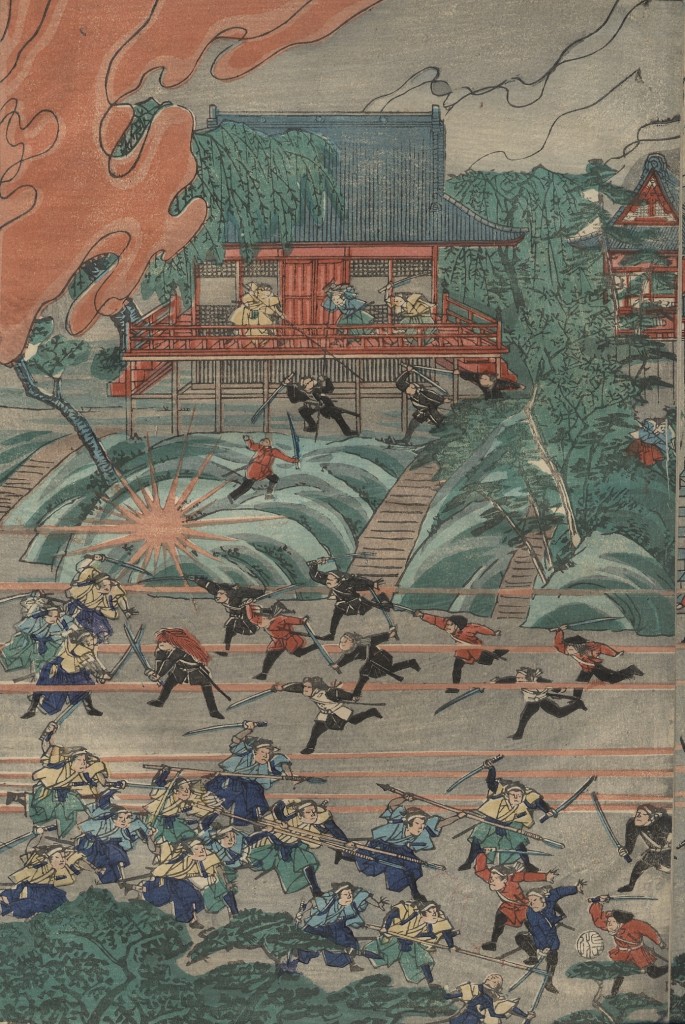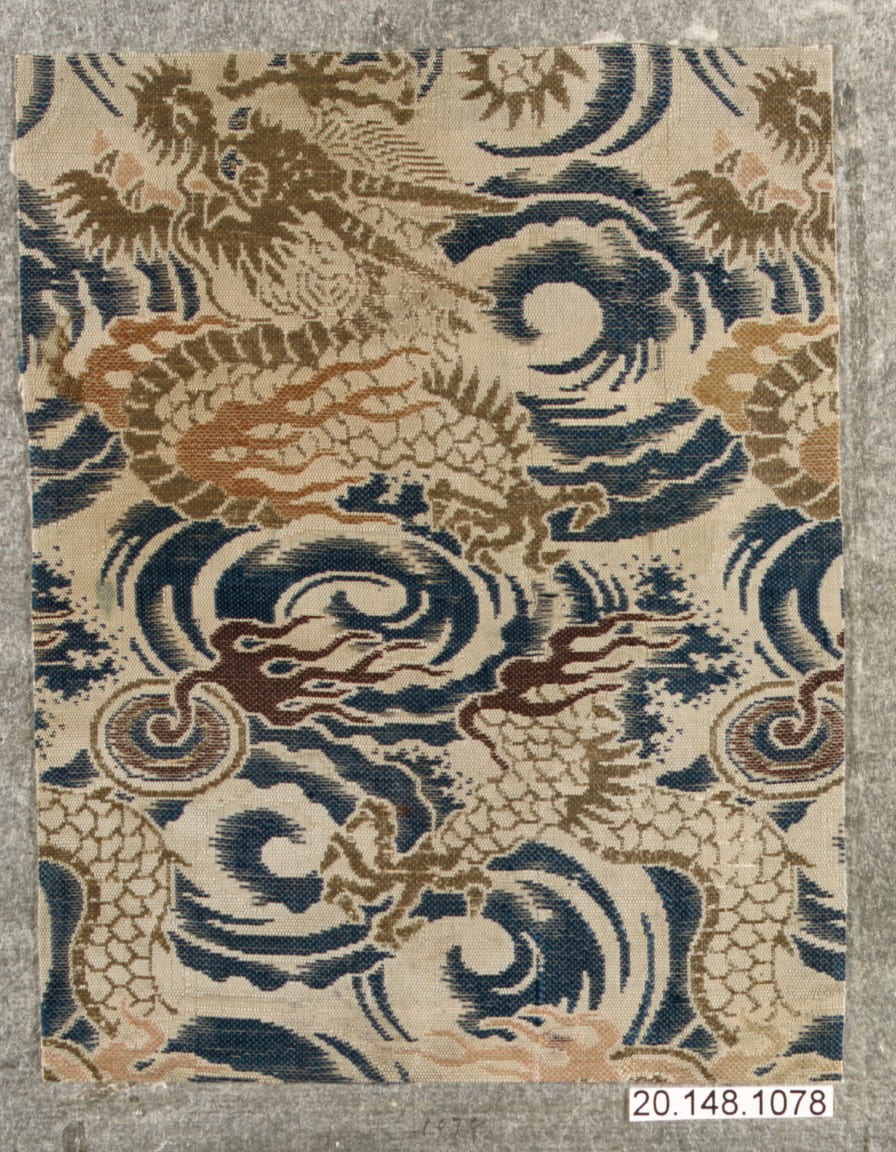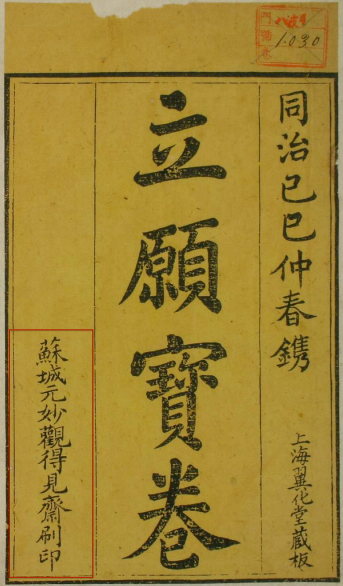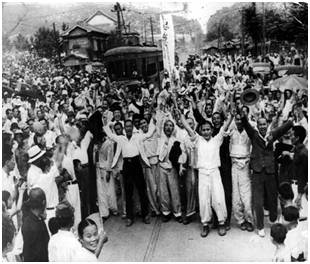Category Archives: War
3/17 Zhao Ma
War Remembered, Revolution Forgotten: Envisioning the North Korean Ally in Chinese Documentary Films

Speaker: Zhao MA (Assistant Professor, Washington University in St. Louis)
Discussants: Saul Thomas (PhD Candidate, History/Anthropology) and Ling ZHANG (PhD Candidate, Cinema and Media Studies)
Date/Time: March 17, 4-6 pm
Venue: Gallery X, Smart Museum of Art (for guidelines for entering the museum, please see http://smartmuseum.uchicago.edu/visit/#guidelines)
3/5 Katherine Alexander
April 4 (Thursday): Michael Wert
Michael Wert
(Assistant Professor, History, Marquette University)
“Memory Landscapes and the Meiji Restoration in Modern Japan”

April 4 (Thursday) 4:00-6:00 p.m.
Location: Judd 313
Feb 21 (Thursday): Jonathan Glade
Jan 17 (Thursday): Mark Caprio
Mark Caprio
(Professor, Intercultural Communication, Rikkyo University)
“Wartime Preparations for East Asian Occupations: Laying the Foundations for Postwar Alliances”
Jan. 17 (Thursday) 4:00-6:00 p.m.
Location: Judd 313
Nov 15 (Thursday): Nianshen Song
Nianshen Song
(PhD Candidate, History, University of Chicago)
“Immigrants, Mobility, and Banditry: the Formation of the ‘Kando’ Society”

Nov. 15 (Thursday) 4:00-6:00 p.m.
Location: Judd 313
May 17: Deokhyo Choi
Deokhyo Choi
(PhD Candidate, History, Cornell University)
“Racializing the Postwar Crisis: Democratization and the Making of “the Korean Problem” in U.S./Allied-occupied Japan, 1946-1947”
May 17 (Thursday), 4-6 pm.
JHF Room (SS224)
Historical accounts on “postwar Japan” have often hailed the U.S./Allied occupation and democratization of Japan as a critical historical “break” from its ancien regime. Such conventional accounts operate upon a common temporal framework and relational binary in narrating the formation of a new democratic, “peace-loving” nation. Recently, both English and Japanese language studies have problematized the temporal binary framework centered on the issue of continuity and discontinuity and instead have started to illuminate a long historical trajectory that straddles the wartime and postwar periods. However, the relational binary of U.S.-Japan, another axis of the narrative framework of “postwar” history, still remains unquestioned in the scholarship. In other words, the formation of postwar Japan is primarily understood only from the viewpoint of U.S.-Japan relations. It is still essentially a story about U.S.-Japan(ese) direct encounters, collaborations, or “embracing.”
This paper challenges both the temporal and relational binaries underlying the history of postwar Japan. Diverging from conventional historical accounts on the democratization of Japan under U.S./Allied occupation, it begins with the question of how Japan’s “postwar democracy” was forged vis-à-vis the postcolonial Korean population in former metropolitan Japan. Through an examination of post-empire “race-making” that emerged in the form of the ideological reformulation of “the Korean problem,” this paper discusses how the new Japanese nation-state was framed through the reimagining of now-liberated Korean colonial subjects in Japan as well as through the embracing of U.S./Allied occupation.
January 26: Monica Kim
East Asia: Transregional Histories Workshop presents:
Paper Abstract:
The U.S. military interrogation room came into the purview of the U.S. mainstream public by way of the torture debate, but both critics and supporters of coercive interrogation techniques have surprisingly found common ground in one assumption regarding the interrogation room itself: that the interrogation room can be a rational space for the production of information. This article argues that the U.S. military interrogation room has historically played a critical role in the project of universalizing the vision of a U.S. liberal geopolitical order not through the production of information, but rather through the production of subjects. Through an examination of the histories of the interrogators, the interrogated POWs, and the policies surrounding interrogation during the Korean War, this article demonstrates that the notion that the U.S. military interrogation room can be an objective space for information-gathering is actually a construct molded by mid-twentieth ideas about racial capacities, assimilation, and decolonization.
1/13: Yi Wang
Yi Wang, PhD candidate
“Across the Western Pass:
Merchants, Migrants, and Chinese Expansion in Mongolia”
Jan. 13 (Thursday) 4:00-6:00 PM
Place: JHF room (SS 224)


